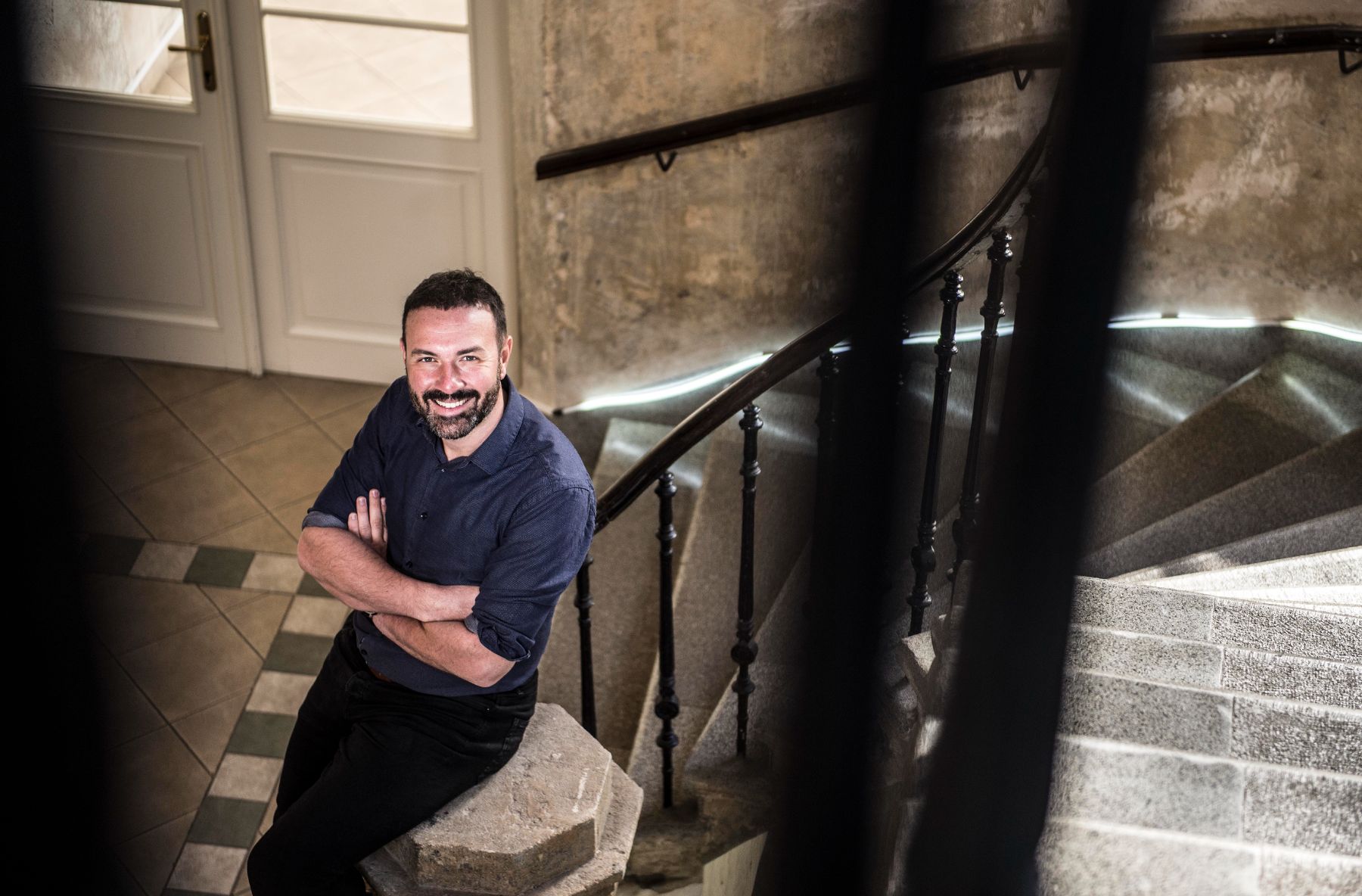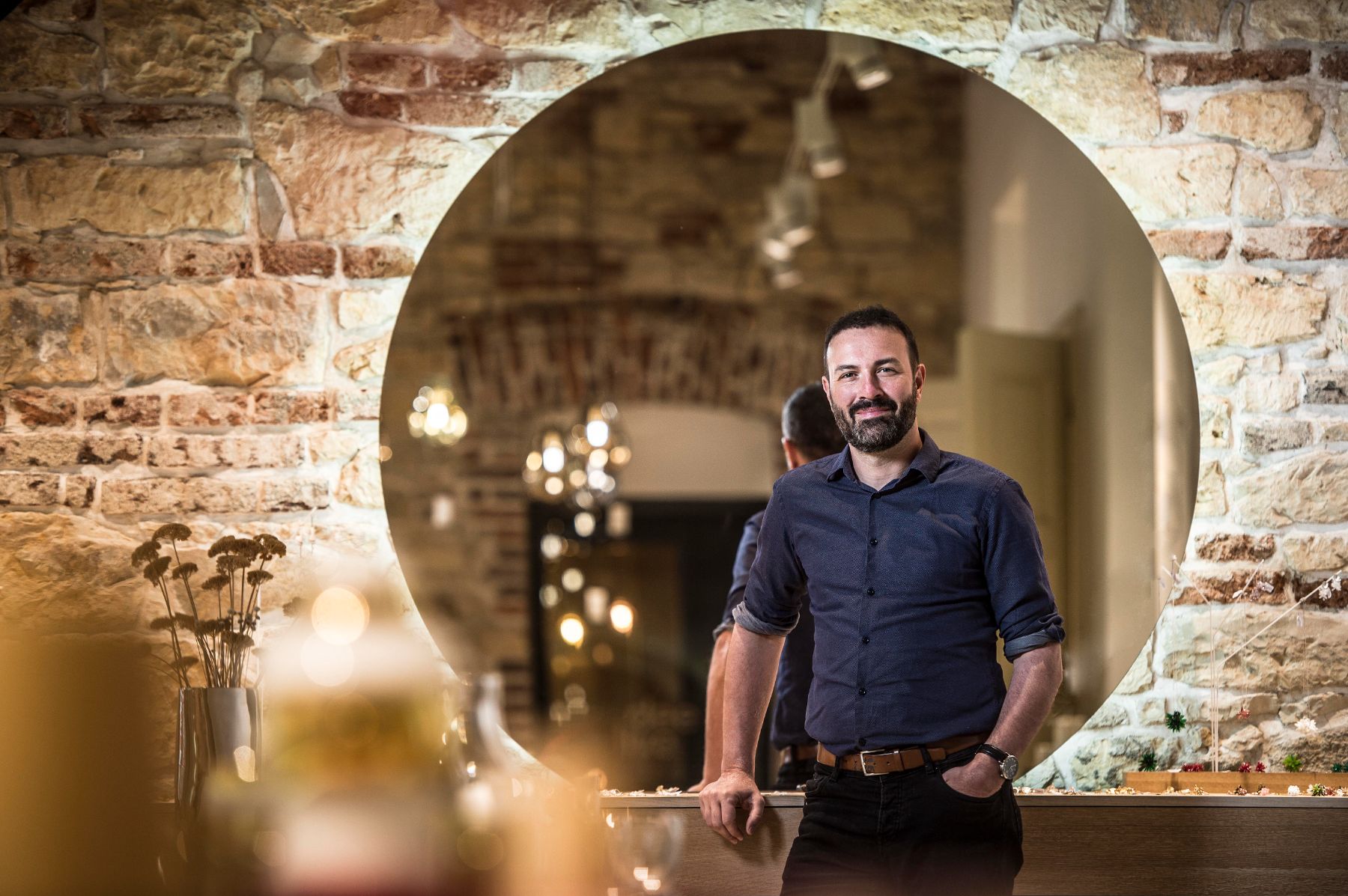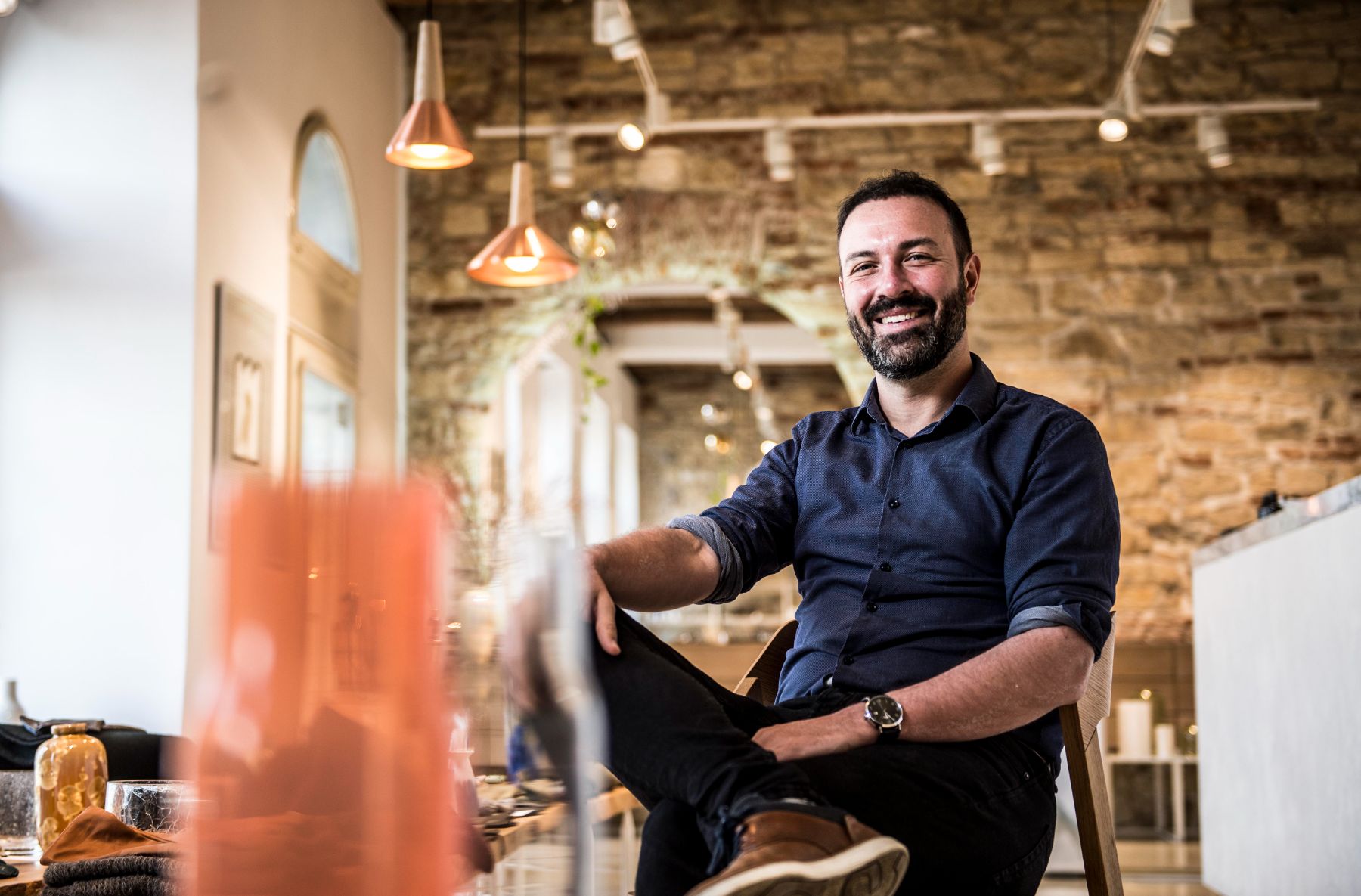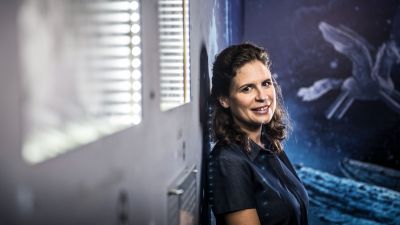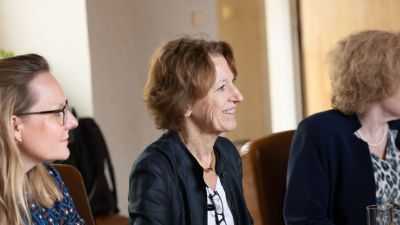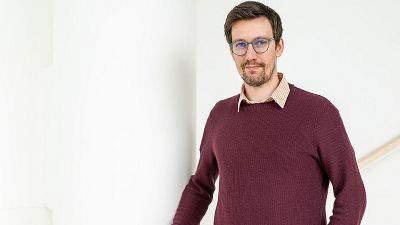Are collective commitments within military alliances such as NATO being upheld, or do the representatives of the countries in question end up rather deciding according to the whims of public opinion? This is one of the questions that Michal Smetana from the Faculty of Social Sciences of Charles University, who succeeded in a prestigious competition for European Research Council (ERC) grants, hopes to address. "We will use state-of-the-art technology for our research, which allows us to conduct innovative experimental surveys on large samples of respondents across NATO countries," the recipient of a five-year ERC Starting Grant (worth €1.5 million) says.
The role of public opinion in defence alliances is a topic that has been discussed in academic literature for quite a some time, but only now we have methodological tools that allow us to conduct multimedia experiments on large samples of the public and political elites, with which we play out different scenarios and evaluate their attitudes," Michal Smetana explains. His project is unique.
In the past, researchers have mainly relied on retrospective evaluation of public attitudes towards events. Later, they used texts or images to model different scenarios in experiments. Now, they are increasingly using videos to better "draw people into the action" while making sure that everyone involved has the same idea of the situation. "Thanks to artificial intelligence, we can now very easily generate different versions of videos that differ only in terms of, for example, which state attacked whom or in what way. So we can directly measure people's reactions – what emotions they have, political attitudes, how they want their governments to react," says the head of the Experimental Laboratory for International Security Research (ELISS) and director of the Peace Research Center Prague at Charles University.
"From this data we can then predict how people might behave in similar situations, what factors play a role, what influences their attitudes, what the possible scenarios are," says Smetana, who has been conducting experimental research on security and public opinion for more than a decade.
And, as he points out, these findings are increasingly useful for practice itself. "At a time when the whole international security system is collapsing - we have the biggest conflict in Europe since the end of World War II, the threat of further escalation of violence in the Middle East, the possibility that China might invade Taiwan is being discussed. These are all potentially very dangerous events that affect everyone's life. Military alliances play a very important role in this, and the more we understand how they work, the more likely we are to respond well in future situations."
The current security instability is also accounted for in the research. "We don't know what will happen, but we are prepared to react and assess the impact of current situations on public opinion. That's a big advantage of the ERC - it gives us freedom."
Results applicable in practice
The outcome of the research is to be able to better model and interpret how public opinion in NATO member states influences the attitudes of elites – political representatives – on military alliances, as well as how political attitudes influence public opinion. "We want to understand the dynamics and influence of public opinion on politicians' attitudes and vice versa. We hope to bring practical insights that will be applicable in practice – how to approach collective defence issues, how to frame, interpret and communicate certain situations correctly, what aspects are relevant, how certain actions are perceived by the public and what impact this has."
National security has long been seen as an area where public opinion should not play a role, but as current events – for example, expectations of how elections in European countries will turn out and what this will mean for further assistance to Ukraine – confirm, the reality is often different. "The relationship between the public and political representations on collective security issues is specific, and our findings are unlikely to be directly transferable to other fields, but our methodology and theoretical models are. We hope that this will inspire colleagues in other fields."
A topic that the public and students are suddenly interested in
Although Michal Smetana has been working on the topic of security and the perception of war for many years, since February 2022, when Russia attacked Ukraine, he and his colleagues have experienced a great deal of interest from the media, the public and students alike. "Suddenly, our research topics are in the spotlight. And we can't quite say that we are happy about it. I myself am happiest when I can do science – sit, write, read studies, calculate statistics and devise and test other theoretical models. I take media appearances as a social obligation. But of course it is a great sense of satisfaction to see that your work is meaningful, that it provides explanations and possible predictions for future developments based on theoretical models and experience from similar situations in the past."
But Michal Smetana also stresses that this is a team effort. "I am very happy that our team has grown significantly in two and a half years. We have a number of international scientific projects, but we also devote ourselves to educational and social activities – we organise various events and we are pleased that there is interest from the public and especially from young people, from whom the next generation of scientists can grow."
Don't be alone in your preparation
"You may be applying for the ERC as an individual, but you definitely shouldn't be alone in your preparation," advises Michal Smetana. And he praises the entire preparation process that exists at Charles University in cooperation with the Technology Centre. "It was wonderful how many people – both colleagues in the field, but also other successful ERC holders – were willing to help me, read the project and give me often very critical feedback. I have rewritten the project perhaps 50 times and the original idea differs quite dramatically from the submitted project," says the scientist, who also prepared carefully for the interview itself. "I asked a lot of people about the progress of the second round and found that it varied quite a lot from panel to panel. Some places have presentations and they ask a lot of career questions as well. In my case, it was a three-minute presentation of the project without any aids. The follow-up questions were very relevant and only related to theory and methodology," sums up the recent ERC awardee, who is happy to share his experience with all other applicants.
| Associate Professor Michal Smetana |
| Michal Smetana studied Security Studies and International Relations at the Faculty of Social Sciences of Charles University, where he has also taught for over ten years. He has a lot of experience in the USA, Germany and Sweden. He is the director of the Prague Peace Research Centre (PRCP) and the head of the Experimental Laboratory for International Security Research (ELISS), which he founded thanks to the internal support of Primus. |


